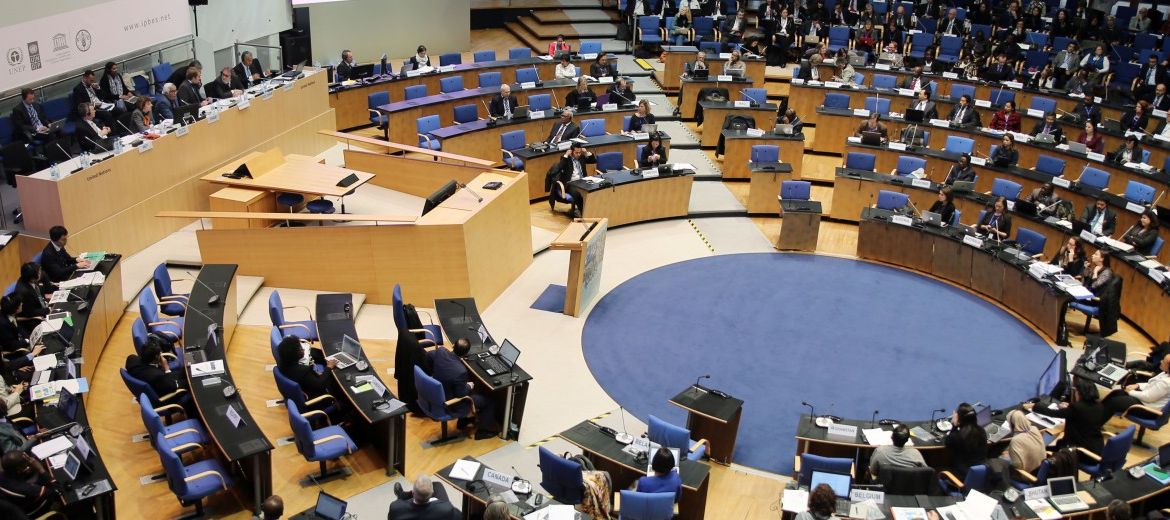





 “Pollinators are important contributors to world food production and nutritional security,” said Vera Lucia Imperatriz Fonseca, Ph.D., co-chair of the assessment and Senior Professor at University of São Paulo. “Their health is directly linked to our own well-being.”
“Pollinators are important contributors to world food production and nutritional security,” said Vera Lucia Imperatriz Fonseca, Ph.D., co-chair of the assessment and Senior Professor at University of São Paulo. “Their health is directly linked to our own well-being.”
   |
|
Wandjina spirits keep country healthy for native bees and honey. ‘Wandjina and Waanungga’ Australia
© Sandra Mungulu / Licensed by Viscopy, 2015. May be used only in connection with media coverage of this news release
|
   |
| Bees (such as the solitary Melissoptila tandilensis in the Argentine Pampas, above), play an important role in the production of sunflowers and other crop plants. Photo: Malena Sabatino |
The assessment found that pesticides, including neonicotinoidinsecticides, threaten pollinators worldwide, although the long-term effects are still unknown. A pioneering study conducted in farm fields showed that one neonicotinoid insecticide had a negative effect on wild bees, but the effect on managed honeybees was less clear.
- Maintaining or creating greater diversity of pollinator habitats in agricultural and urban landscapes;
- Supporting traditional practices that manage habitat patchiness, crop rotation, and coproduction between science and indigenous local knowledge;
- Education and exchange of knowledge among farmers, scientists, industry, communities, and the general public;
- Decreasing exposure of pollinators to pesticides by reducing their usage, seeking alternative forms of pest control, and adopting a range of specific application practices, including technologies to reduce pesticide drift; and
- Improving managed bee husbandry for pathogen control, coupled with better regulation of trade and use of commercial pollinators.
- A high diversity of wild pollinators contributes to increased stability in pollination, even when managed bees are present in high numbers.
- Crop yields depend on both wild and managed species.
- The western honey bee is the most widespread managed pollinator in the world, producing an estimated 1.6 million tonnes of honey annually.
- The number of bee hives has increased globally over the past 50 years, but a decrease in hives has occurred in many European and North American countries.
- Climate change has led to changes in the distribution of many pollinating bumblebees and butterflies and the plants that depend upon them.
   |
|
Carpenter bee (Xylocopa flavorufa) visiting coffee.
Photo credit: Dino J. Martins
|
The IPBES assessment has critically evaluated an enormous body of knowledge on pollinators, pollination and food production to ensure decision makers have access to the highest quality information. The assessment was compiled by a team of 77 experts from all over the world. The assessment cites approximately 3,000 scientific papers and includes information about practices based on indigenous and local knowledge from more than 60 locations around the world.
- United Nations Environmental Programme (UNEP);
- United Nations Educational, Scientific and Development Organization(UNESCO);
- Food and Agriculture Organization of the United Nations (FAO) and
- United Nations Development Programme (UNDP).
